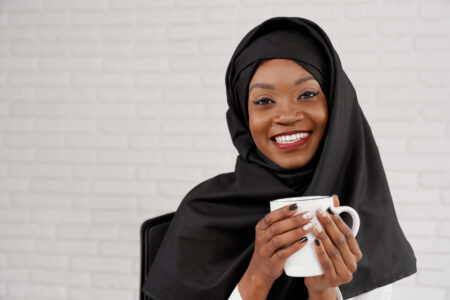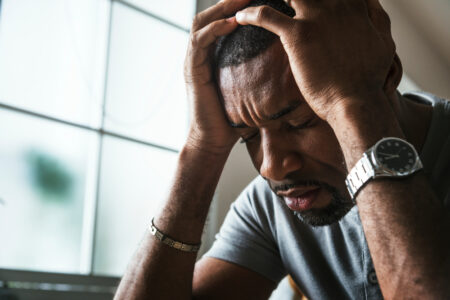Four-time Grand Slam winner Naomi Osaka recently announced her partnership with Modern Health, a platform that focuses on providing mental health resources, as they join together to work on changing how mental health is seen in society.
Taking up the role of Chief Community Health Advocate, Osaka will be part of the platform’s Modern Health Community program. Created this year, the program helps bring resources such as meditation tools to help people from underserved communities with their mental health.
In her new role, Osaka will work alongside the program’s organizers to erase the stigmas surrounding mental health and getting care, particularly amongst Generation Z and marginalized communities.
Focused on three key methods of destigmatizing, the tennis champion and the platform will work specifically on making sure underrepresented providers are being heard and mental health care that has been proven to be effective is readily available to the people who need it. Osaka and Modern Health will also continue to promote the importance of community mental health.
“Naomi’s bravery in publicly sharing her own struggles has already helped to destigmatize and reframe the conversation around mental health for the next generation to be more open and vulnerable,” said the founder and CEO of Modern Health, Alyson Watson, in a statement. “Together, we will combine Modern Health’s clinical expertise and Naomi’s incredible voice, vulnerability, and influence to continue to drive positive change around mental wellness for individuals across the world.”
Osaka has already started her duties as the Chief Community Health Advocate. Created and narrated by Osaka herself, she’s already released the first part of her meditation series in which she guides people who are struggling through meditation sessions. To expand the program’s reach, the series is available to everyone regardless of whether they have a membership with Modern Health.
Along with her own meditation tool, Osaka will also choose organizations to support as part of the program’s mission. To increase diversity in the mental health care field, Osaka plans on working alongside organizations that specifically focus on giving BIPOC mental health caregivers a platform.
Currently, the mental health care field lacks representation, specifically Black representation. According to the latest data from the American Psychiatric Association released in 2019, of the 110,000 U.S. psychologists, only about 3% are Black. In the past decade or so, this percentage has been halved since in 2009 Black psychologists made up 6% of the workforce.
The rate of Black psychiatrists is even lower than that of Black psychologists. According to the APA, only 2% of the 41,000 U.S. psychiatrists are Black. As for counselors, in U.S. colleges, Black mental health caregivers make up only 13% of the counseling staff, according to a 2020 survey by the Association for University and College Counseling Center Directors.
Osaka’s partnership with Modern Health comes after she drew global attention to mental health last year by deciding to not participate in the French Open for her own mental well being.
“Since then I’ve not only focused on my own mental health including meditating as well as starting to see a therapist, but I’ve also realized my own experience can help others,” said Osaka in a statement. “My goal is to empower others to not be hesitant to seek the help they need.”








